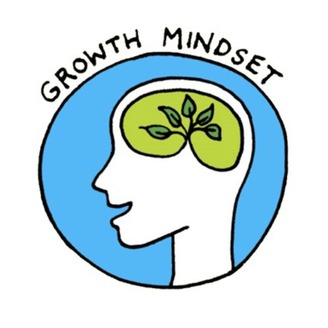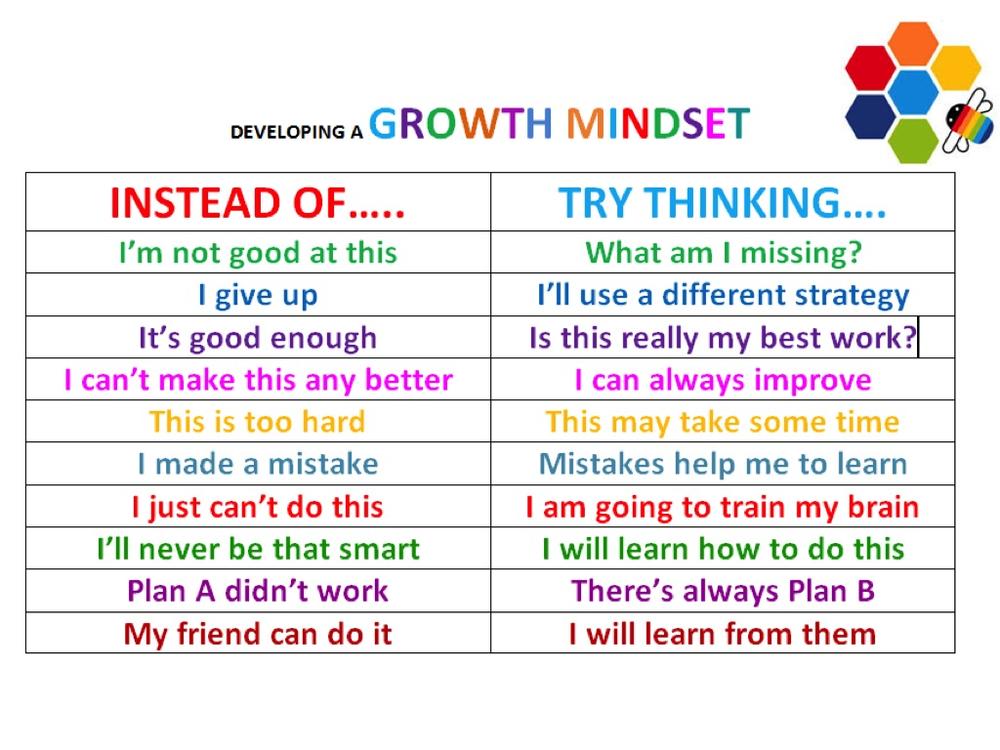Growth Mindset
Lenicia B. Weemes Elementary School Staff believes in nurturing a Growth Mindset. According to Stanford Psychologist Carol Dweck (2005), a growth mindset is the belief that the most basic abilities can be developed through dedication and hard work. This view creates a love of learning and a resilience that is essential for great accomplishment.
Children and adults who have a growth mindset believe that through hard work, practice, and dedication they can grow their abilities and become smarter. Suppose, for example, a child is having trouble finding the answer to a math problem. If the child has a growth mindset, her response to the difficult math problem is to try to solve the problem and keep trying different approaches without giving up. The child will not shy away from asking for help since getting help is viewed as a strategy for learning and growing and not as an indicator of intelligence.
In order to nurture a growth mindset the staff at Lenicia B. Weemes ensures that students:
- Engage in cognitively challenging tasks
- Receive specific feedback to grow and improve academically and socio-emotionally
- Reflect and learn from mistakes both in and out of the classroom
- Develop a "not yet" attitude when it comes to learning and doing
When a child does not have a growth mindset, he may have a fixed mindset, which means he does not believe he can get smarter. When a child with a fixed mindset faces a problem, his response might be to throw up his hands and say, “I’m not good at math”—and quit trying. A child with a fixed mindset does this because he is afraid of trying for fear of failure. He fears failure because it makes him feel less intelligent since he does not believe he can learn to become better at solving problems.
There will always be challenges—and a child’s success now and in the future depends on how he responds to those challenges. Having a growth mindset, helps a child be successful. Students with a growth mindset are more likely to stick with a problem—and solve it. You can encourage this mindset by praising your child’s effort and the steps he took to accomplish a task.
Praising effort begins with the words you choose. Some things you could say to praise effort include the following:


